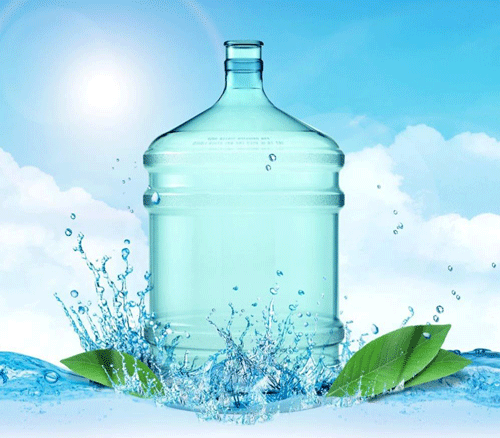Drinking water standards
 0 Comment(s)
0 Comment(s) Print
Print E-mail China Daily, May 15, 2012
E-mail China Daily, May 15, 2012

Both urban and rural residents can expect to drink cleaner and healthier water with the introduction of new compulsory standards that take effect nationwide starting July 1.
The new standards are much stricter than the ones that have been in use since 1985, with the items tested increasing from 35 to 106. In fact, they almost match international standards, which means that tap water will be drinkable without being boiled if the standards are adhered to.
The new and higher standards are necessary because of the pollution that is increasingly contaminating water sources. When drinking water was sourced directly from underground and from rivers or lakes that had no chemical and industrial plants nearby, even the old standards could guarantee water was safe to drink. But now even underground water has been contaminated in some places by industrial and agricultural pollutants.
However, making standards is one thing, putting them into practice is another.
That explains why the standards were actually made in 2007, but the central government allowed five years for governments at various levels to make preparations for their introduction.
The minister of water resources promised late in April that all rural residents will be provided with safe drinking water. But if the new standards are to be applied to the water for rural communities, greater efforts will be needed, as at least 242 million rural residents still do not have safe water to drink.
Yet what is even more important than applying the new standards is protecting water sources from being polluted any further. In fact the repeated contamination of water sources in the past couple of years have offset or crippled the central government efforts.
The same problem also happens in cities. For example, water from water works is safe, but if the pipelines are too old and fall short of the required standards the water may be contaminated by the time it reaches the tap. For many urban residents living in high rises, their tap water comes from the tanks in the buildings. If the tanks are not regularly cleaned as required, the water may not meet the new standards.
So ensuring the new standards are met is just the beginning if urban and rural residents are to enjoy safe drinking water.






Go to Forum >>0 Comment(s)